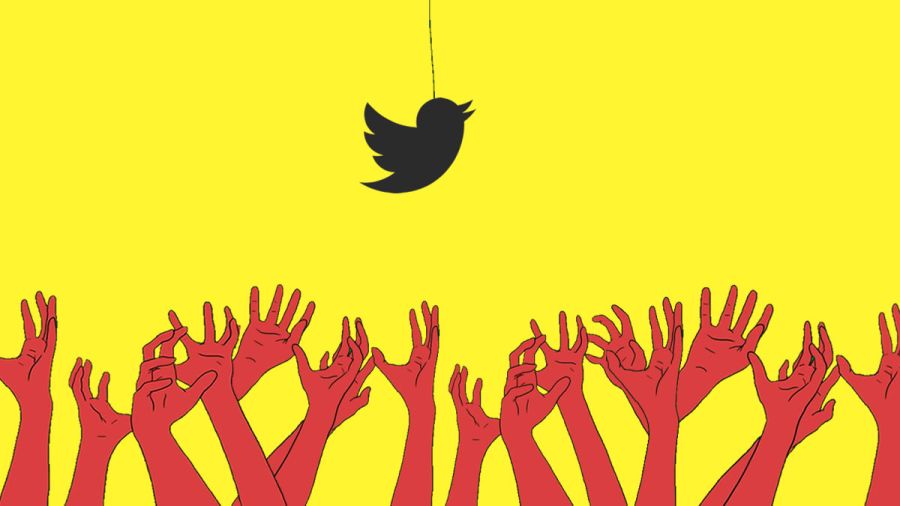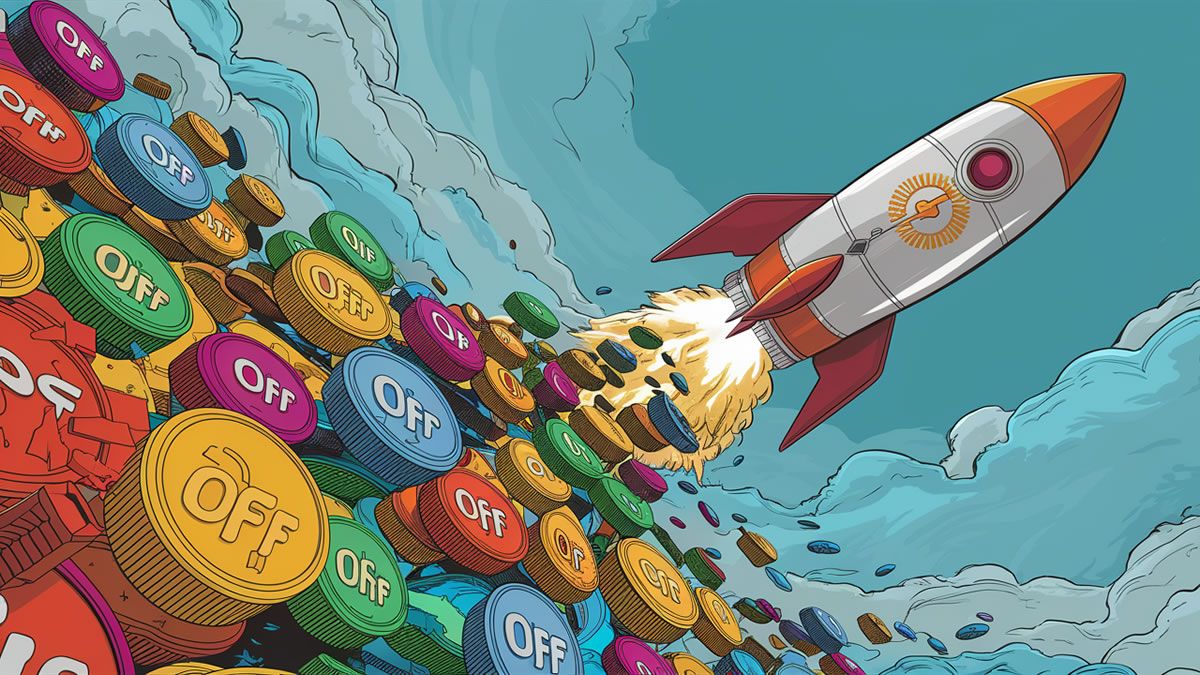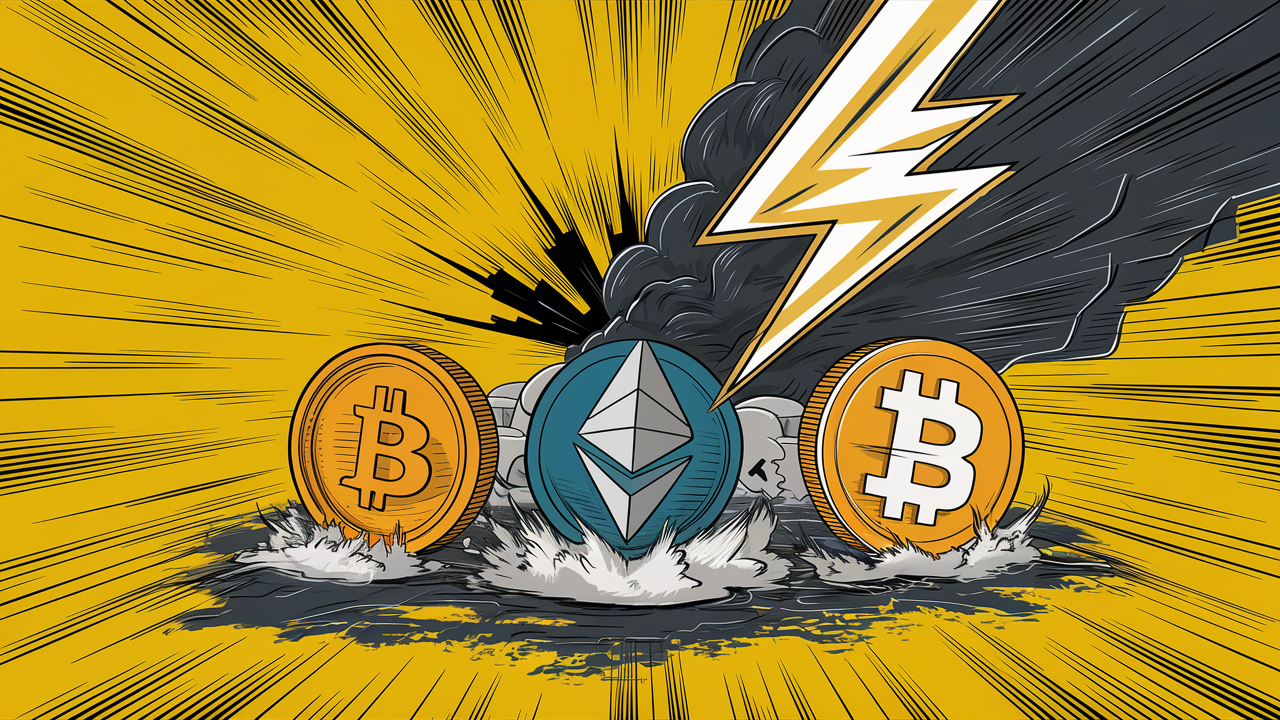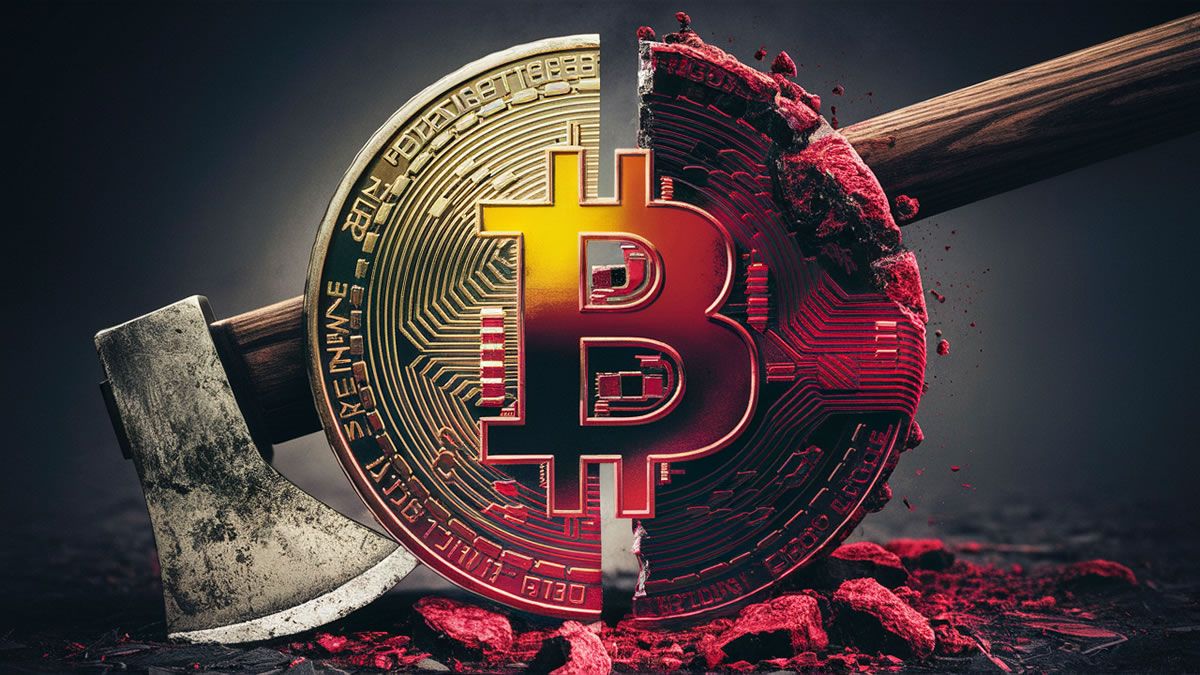Elon Musk Offers To Buy Twitter, But Tron Founder Makes Better Offer
CryptoPress
Elon Musk, CEO of electric-car maker Tesla (TSLA), offered to buy social media company Twitter (TWTR) for about $43 billion in cash.
The offer of $54.20 a share is a 38% premium over the price of the stock the day before Musk’s investment in the company was made public earlier this month, according to a filing with the U.S. Securities and Exchange Commission.
Musk plans to take the company private in order to “go through the changes that need to be made,” he wrote in a text to Twitter Chairman Bret Taylor replicated in the filing.
In late March, Musk criticized the social media platform for failing to adhere to principles of free speech, saying that it serves as a “de facto public town square” and this failure, therefore, undermines democracy.
Given that Twitter serves as the de facto public town square, failing to adhere to free speech principles fundamentally undermines democracy.
— Elon Musk (@elonmusk) March 26, 2022
What should be done? https://t.co/aPS9ycji37
Following Elon Musk’s tweet in which he stated he wanted to buy Twitter, Tron founder Justin Sun has responded with a counter-offer.
In a tweet thread, Sun said he would be willing to offer $60 a share for the company, compared with Musk’s proposed $54.20. He also supported Musk’s reform initiatives, and said that Twitter could become “crypto-native” as well as “Web3 friendly”.
I believe @Twitter is far from unleashing its full potential, thus I am offering $60 per share to take the platform private. But we fully support the reform initiatives of @elonmusk and would love to see Twitter becoming crypto-native and Web3 friendly.
— H.E. Justin Sun 孙宇晨 (@justinsuntron) April 14, 2022
In his Twitter thread, Sun emphasized two things: he wanted to take Twitter offshore and make it a decentralized company with a workforce that is not “US-centric.” He also wanted to make the company more open and developer-friendly. Finally, Sun said he would encourage users engagement and develop mechanisms to remove bots and scams from the platform.
Sun said that following his plan for the company, it would be worth $10 trillion after one year (about $18 trillion more than its current market cap).
© 2024 Cryptopress. For informational purposes only, not offered as advice of any kind.
Related
- Elon Musk, Jack Dorsey, and Cathie Wood discussed the future of Bitcoin at “The B Word” conference Yesterday, Elon Musk, CEO of Tesla and SpaceX, Ark Investment CEO Cathie Wood, and Twitter and Square founder/CEO Jack Dorsey talked about the present status of Bitcoin and some of the most urgent problems surrounding its operation. According to Wood,...
- MicroStrategy Announces Second Quarter 2021 Financial Results July 29, 2021 04:01 PM Eastern Daylight Time TYSONS CORNER, Va.–(BUSINESS WIRE)–MicroStrategy® (Nasdaq: MSTR), the largest independent publicly-traded business intelligence company, today announced financial results for the three-month period ended June 30, 2021 (the second quarter of its 2021 fiscal year)....
- Bitcoin Today – June: New Tweets From Elon Musk; Bitcoin bullish forecast Bitcoin, Ethereum, Cardano, and Dogecoin fell again after trending up for much of yesterday. A cryptic tweet from Tesla CEO Elon Musk, hinting at a breakout with Bitcoin, caused the world’s largest cryptocurrency to crash early Friday. It also caused almost all major currencies to drop...
- IDO (Initial DEX offering) An Initial DEX Offering or IDO (Initial DEX Offering) is the start of a decentralized exchange (DEX)....






